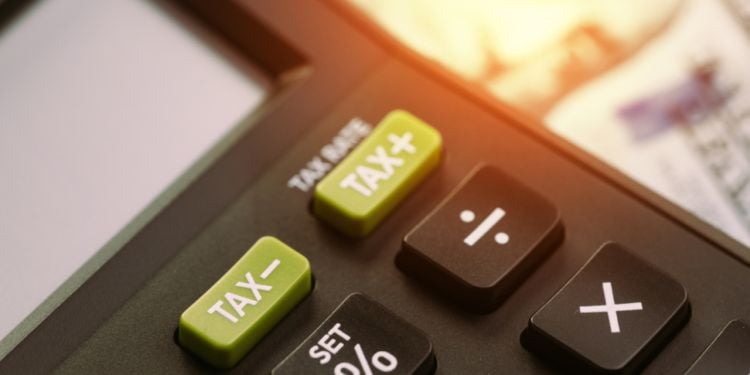
Benjamin Franklin reportedly said that ‘nothing is certain but death and taxes’. Well, that’s certainly true in Senegal, where taxes are levied on expats who work in the country, set up a business in the country or who own a property. The taxes are applied in various rates and methods and so it’s important that you’re clued up with the tax system before you go.
The tax system in Senegal
Taxes in Senegal either have to be paid or are withheld at source. For expats working for a Senegalese-based company and earning a monthly salary, personal income tax will be deducted from your paycheck automatically. Therefore, you do not have to file a tax return.
For those working in a freelance capacity or who own their own business, you are required to fill in a tax return each year. In Senegal, the fiscal year runs from 1st January to 31st December and tax declarations must be completed and filed by 1st March each year. Failure to do so might result in penalties.
If you have residency status in Senegal, you are required to pay tax on your worldwide income, while non-residents (most expats) only pay tax on their income in Senegal.
Tax rates in Senegal
Senegal applies both a proportional and progressive rate of tax on income. The proportional tax depends on the nature of the income. For example:
- Wages and salaries over 700,000 CFA per year - 11%
- Dividends - 10%
- Income from land - 20%
- Other sources of income (e.g. commercial activities) - 25%
The progressive rate rises from 0%-40% and is applied per bracket of income. For example, the top rate is for earnings of over 13.5 million CFA per year. However, you are allowed a certain number of allowances, such as for your family situation. For example, if you have kids or dependents, you are allowed a tax break.
Tax for foreign retirees in Senegal
Since 2014, foreign retirees in Senegal are entitled to an 80% discount on their annual tax. However, to be eligible for this discount, taxpayers have to convert their pension income into CFA. You will need to obtain proof that this has taken place by getting a certificate from a Senegalese bank.
Property income tax in Senegal
You will have to pay property taxes if you have:
- Built-up properties (houses and factories).
- Income from industrial establishments in Senegal.
- Revenues from commercial and industrial facilities similar to buildings.
- Income from any kind from undeveloped land, including those occupied by quarrying, mining, ponds and salt marshes etc.
The rate ranges from 7.5% of the real property value in the case of factories and industrial premises to 5% for others.
Useful links:
Taxes and Domains
Taxes and Domains - Forms
Invest Senegal - Direct taxes in Senegal
Public Service (Senegal)
Tax Services Centers
We do our best to provide accurate and up to date information. However, if you have noticed any inaccuracies in this article, please let us know in the comments section below.








